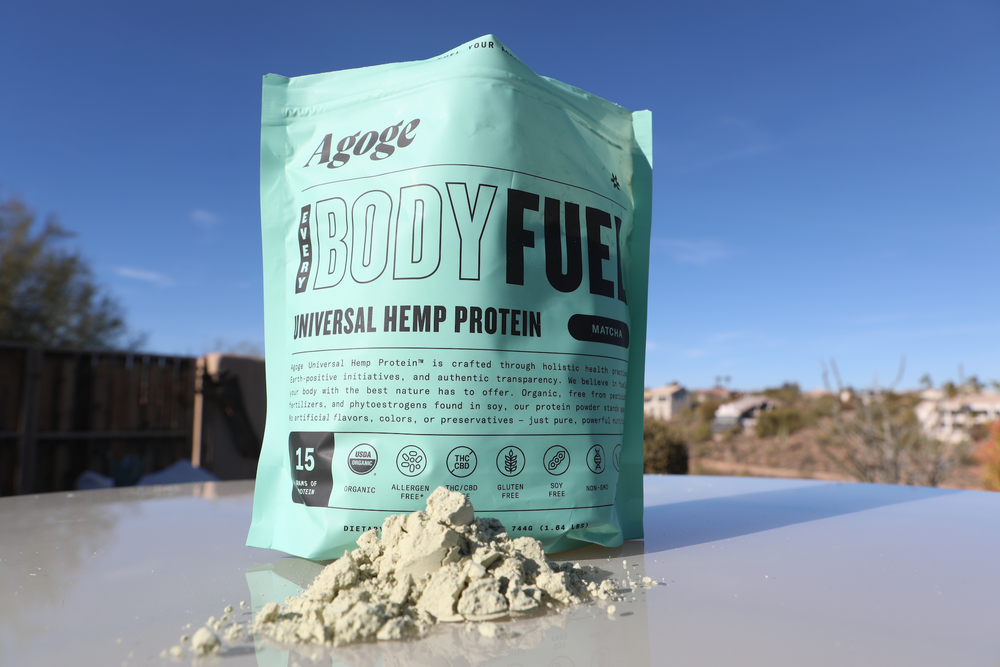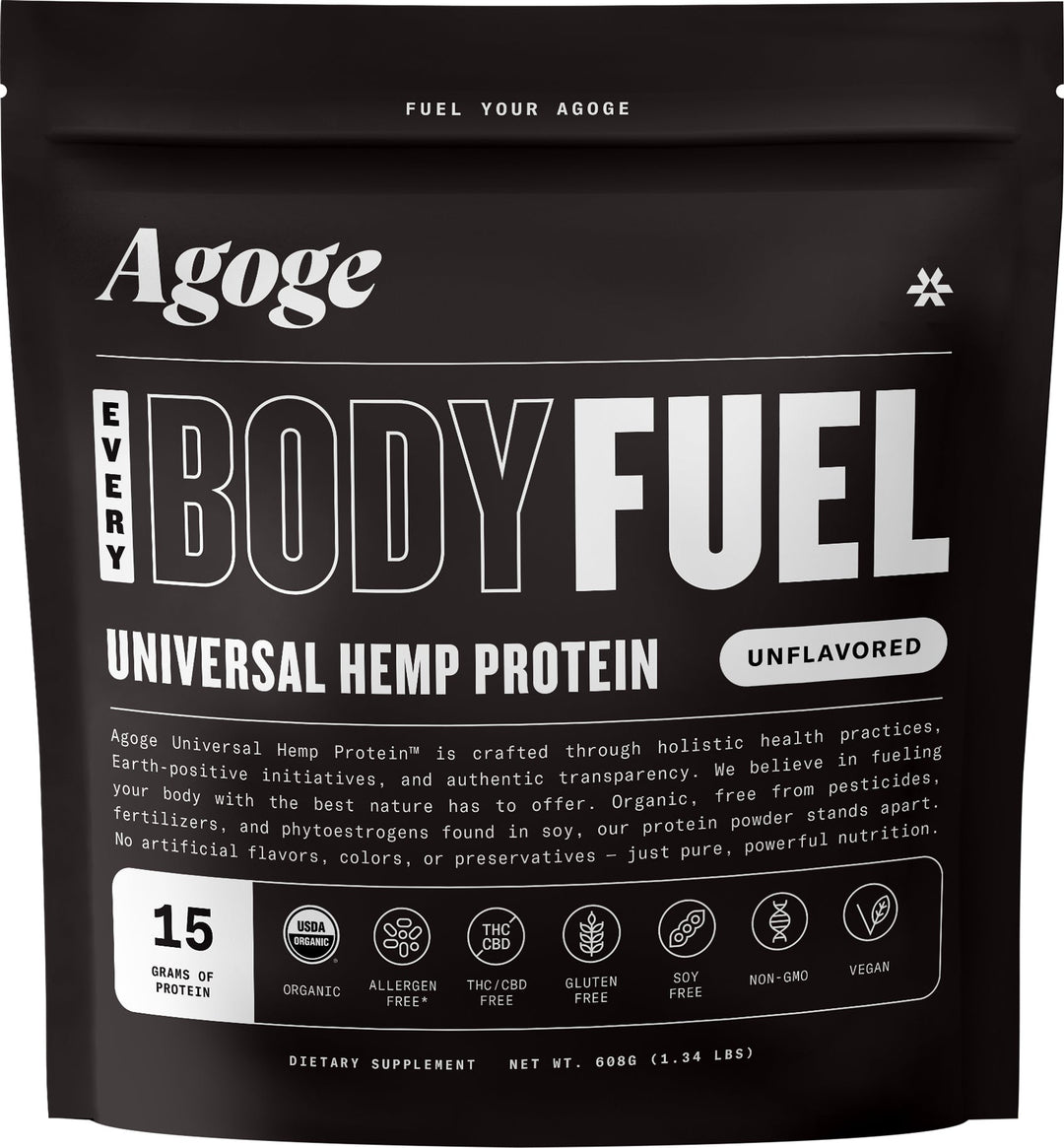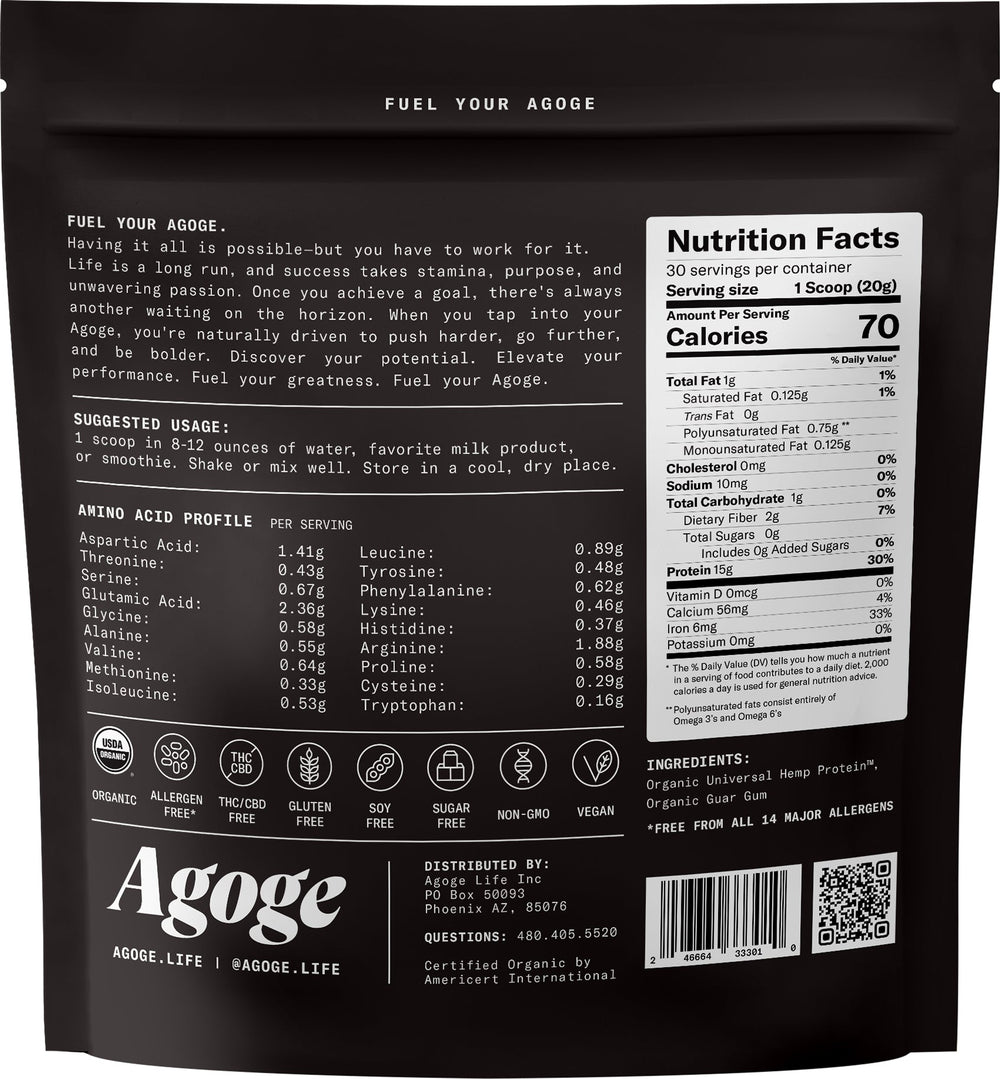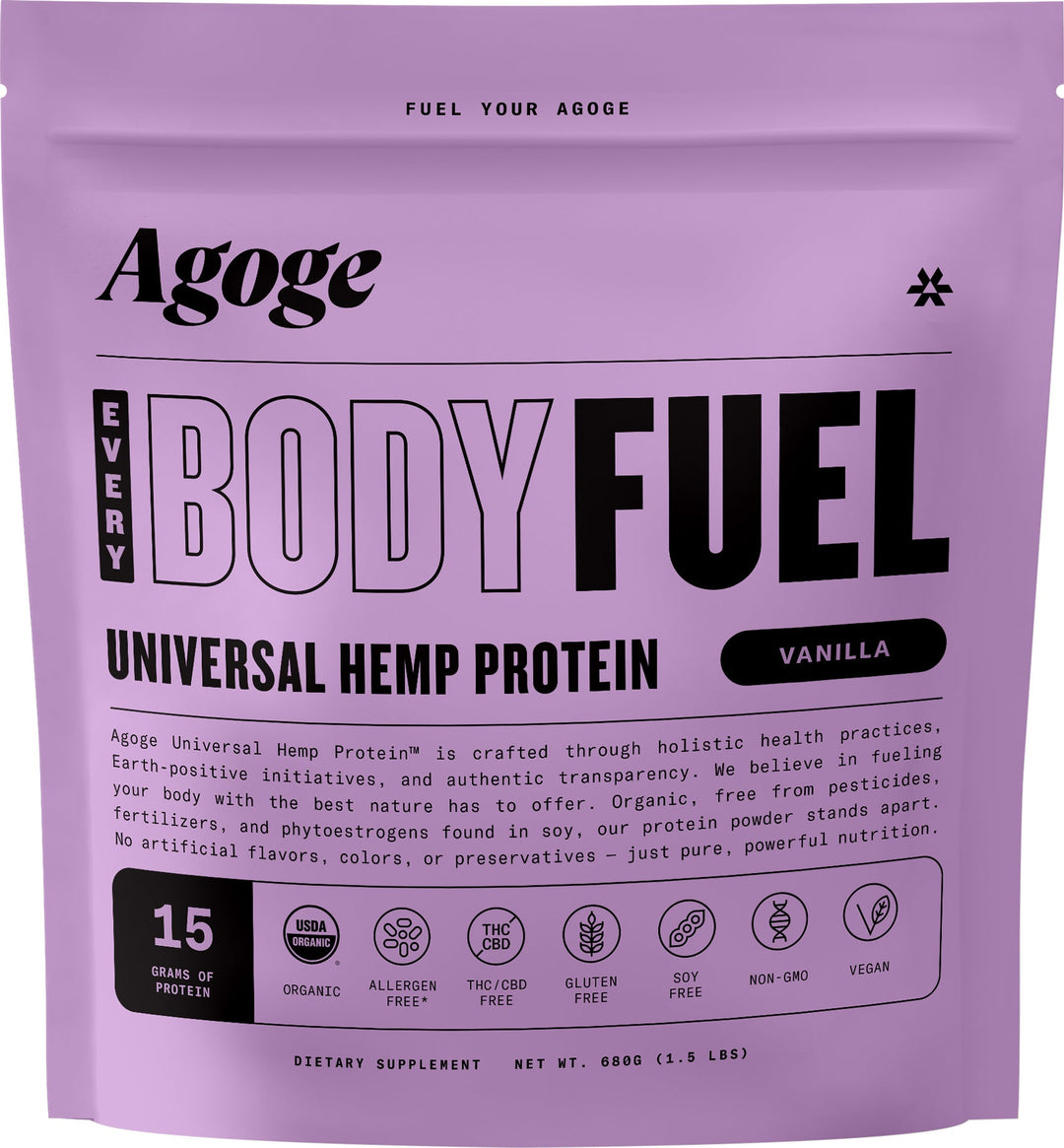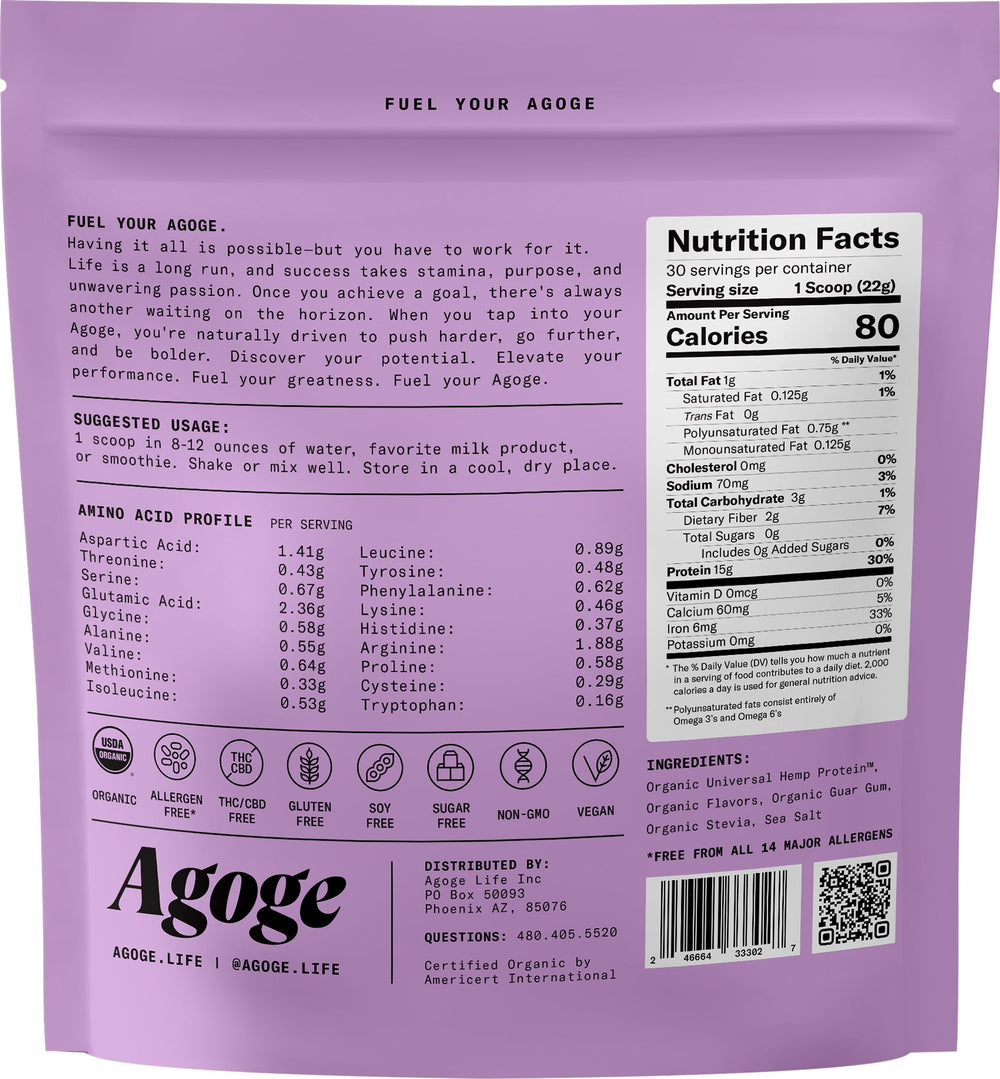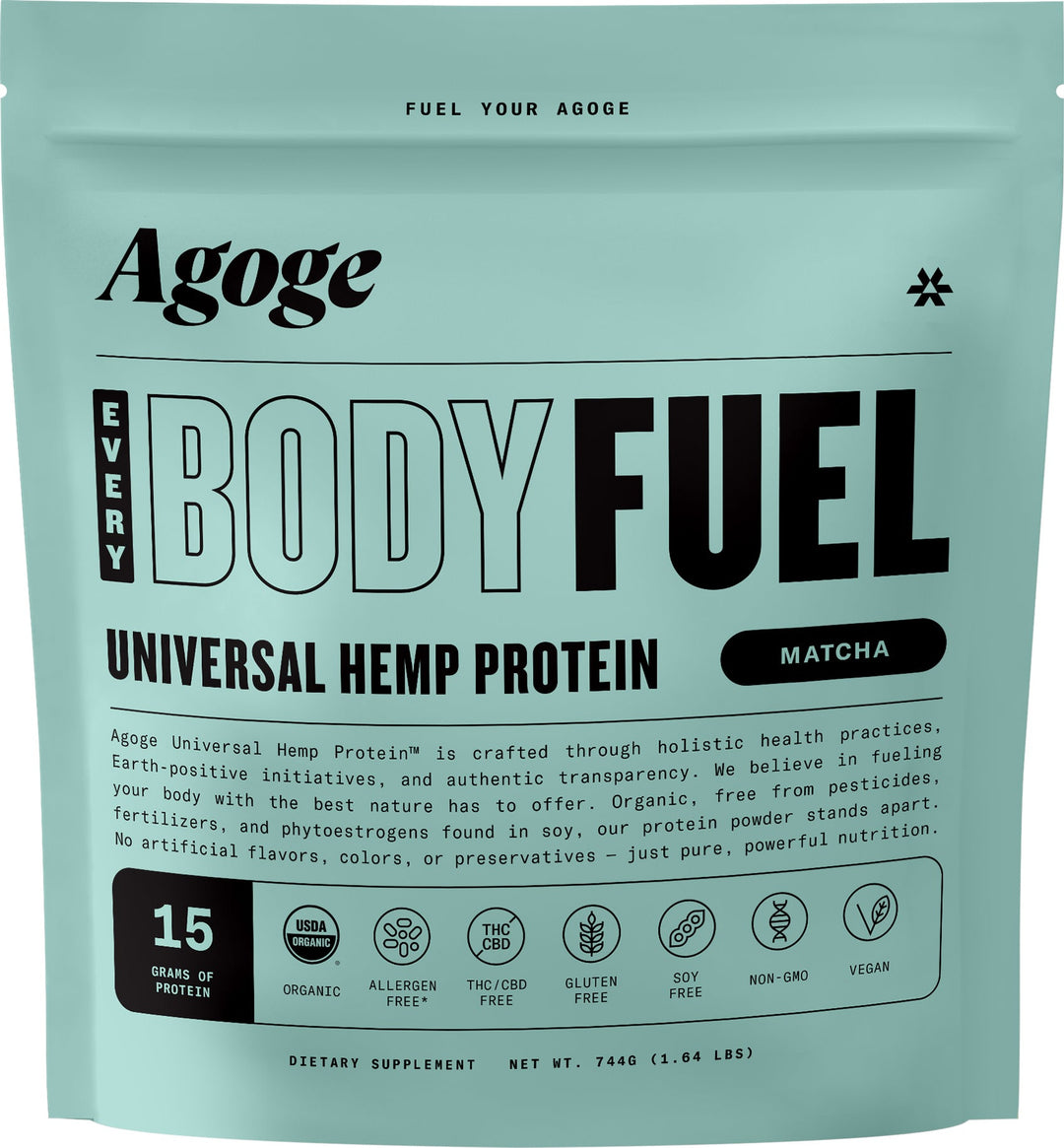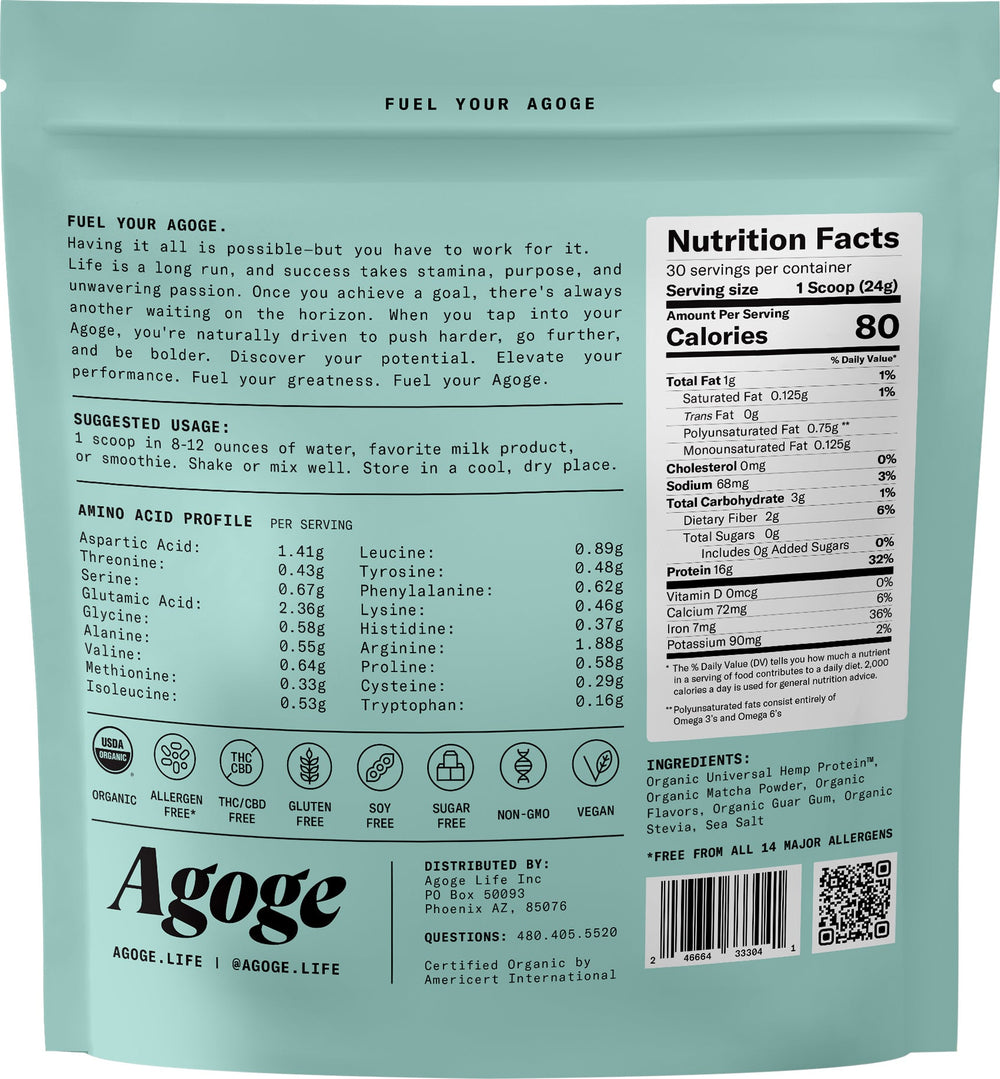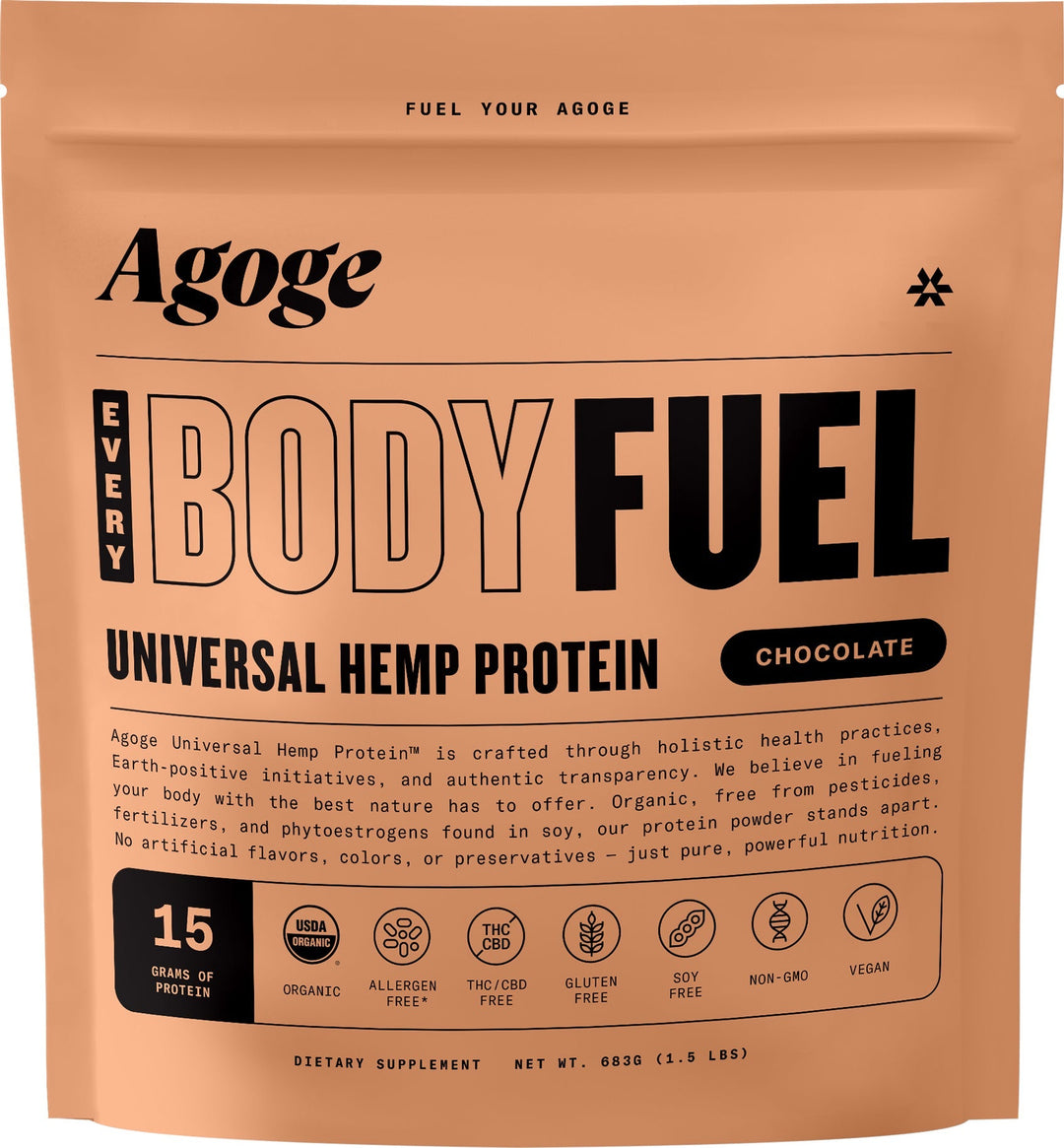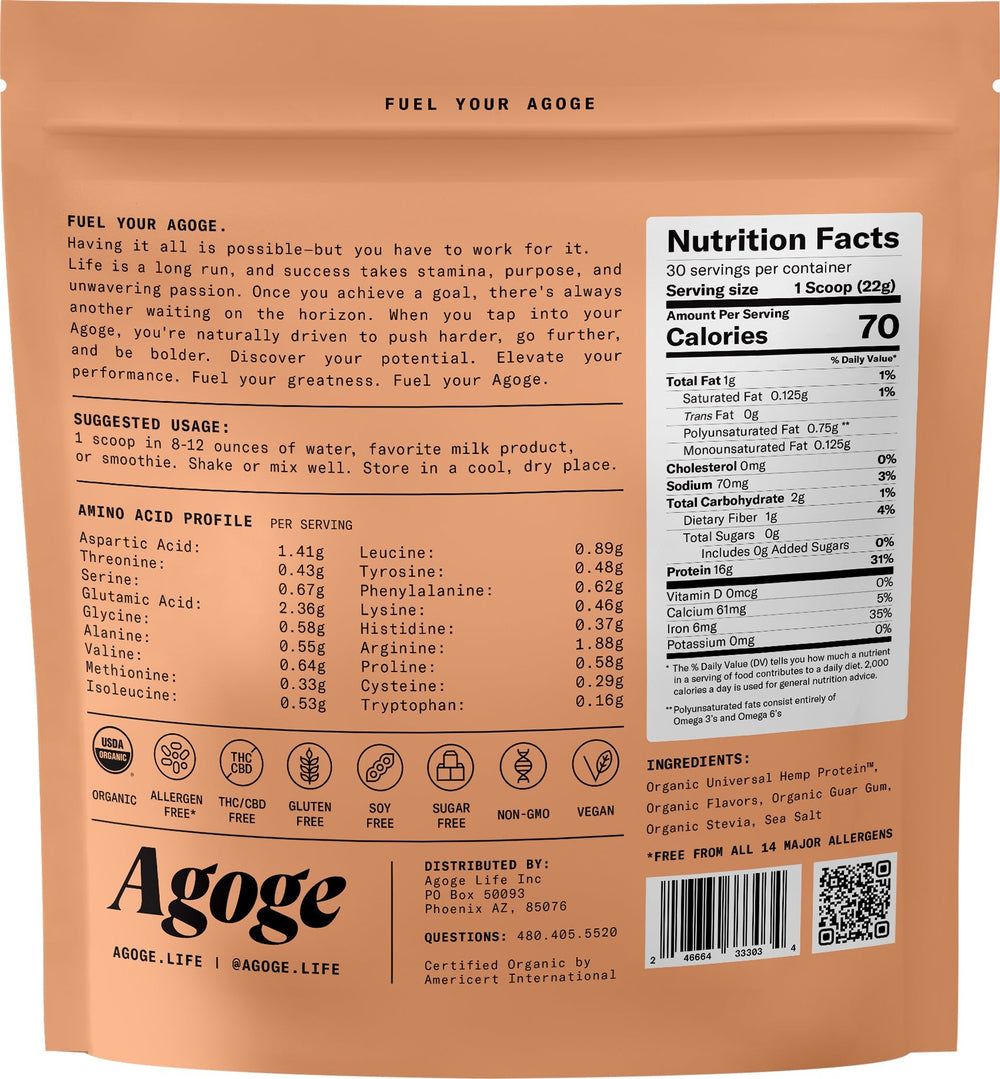Is Hemp Sustainable?
When it comes to sustainability, there is a rising star in the world of food, materials, textiles and agriculture: hemp. Hemp is a versatile and eco-friendly plant that has the potential to revolutionize various industries. But what exactly makes hemp sustainable? Let's explore the reasons why hemp is considered a sustainable solution.
1. Renewable Resource
Hemp is a renewable resource that can be grown and harvested multiple times a year. Unlike other crops, hemp grows quickly and requires minimal water, pesticides, and fertilizers. This makes it a more sustainable alternative to traditional crops like cotton.
2. Carbon Sequestration
Hemp is a champion when it comes to carbon sequestration. As it grows, hemp absorbs carbon dioxide from the atmosphere, helping to mitigate climate change. In fact, hemp can absorb more carbon dioxide per hectare than most other crops or trees.
3. Soil Regeneration
One of the most remarkable qualities of hemp is its ability to regenerate soil. Hemp has deep roots that penetrate the soil, breaking up compacted earth and improving its structure. Additionally, hemp leaves a significant amount of organic matter behind when harvested, enriching the soil and promoting biodiversity.
4. Versatility
Hemp is an incredibly versatile plant that can be used to produce a wide range of products, including textiles, paper, building materials, and even biofuels. By utilizing hemp in various industries, we can reduce our reliance on non-renewable resources and minimize environmental impact.
5. Reduced Water Usage
Compared to other crops, hemp requires significantly less water to grow. This is especially important in regions facing water scarcity or drought. By choosing hemp over water-intensive crops like cotton, we can conserve water resources and promote sustainable agriculture.
6. Biodegradability
Hemp products are biodegradable, meaning they can naturally decompose without leaving behind harmful pollutants. This is in stark contrast to synthetic materials that can take hundreds of years to break down and contribute to pollution and waste.
7. Pest Resistance
Hemp is naturally resistant to pests and diseases, reducing the need for chemical pesticides. This not only protects the environment but also ensures that the final products are free from harmful residues.
8. Economic Benefits
Embracing hemp as a sustainable solution can have significant economic benefits. Hemp cultivation creates job opportunities, stimulates local economies, and provides farmers with an alternative cash crop. Additionally, the demand for hemp products is on the rise, opening up new markets and business opportunities.
With its remarkable sustainability credentials, hemp has the potential to transform industries and contribute to a greener future. By choosing hemp products, we can make a positive impact on the environment and support a more sustainable and regenerative economy.



